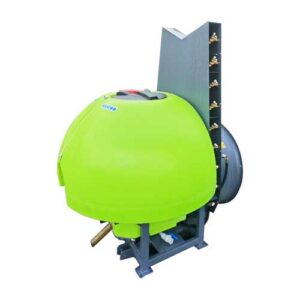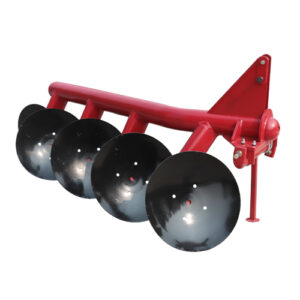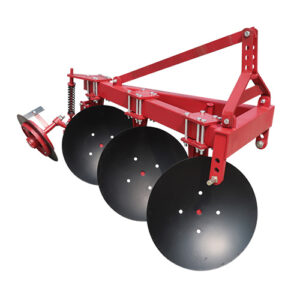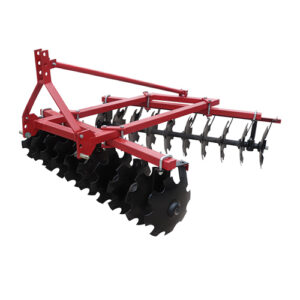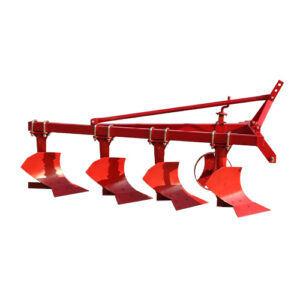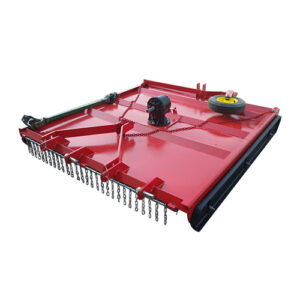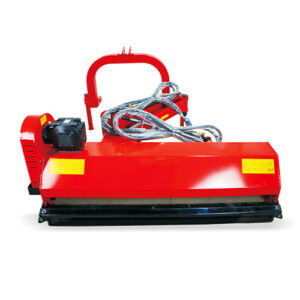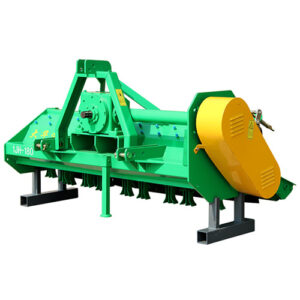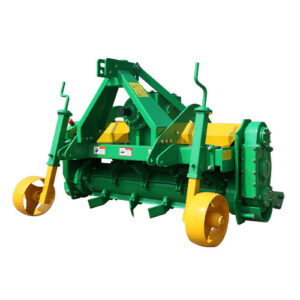Introduction
Welcome to My Blog!
Before we dive into the content, I’d love for you to join me on my social media platforms where I share more insights, engage with the community, and post updates. Here’s how you can connect with me:
Facebook:https://www.facebook.com/profile.php?id=100092064188332
LinkedIn:https://www.linkedin.com/showcase/99315626/admin/dashboard/
Now, let’s get started on our journey together. I hope you find the content here insightful, engaging, and valuable.
When it comes to preparing your land for planting, selecting the right equipment can make all the difference. Among the essential tools for modern farming, the farm implements rotavator stands out for its efficiency and versatility. This versatile piece of machinery is designed to break up soil, aerate it, and mix in organic materials, thus creating an ideal seedbed. In this comprehensive guide, we will delve into the various aspects of farm implements rotavators, including their functionality, benefits, key features to consider when purchasing, and a comparison of top models available in the market. Whether you are a small-scale farmer or managing a large agricultural operation, understanding the capabilities of a rotavator can significantly enhance your farming practices.
What is a Farm Implements Rotavator?
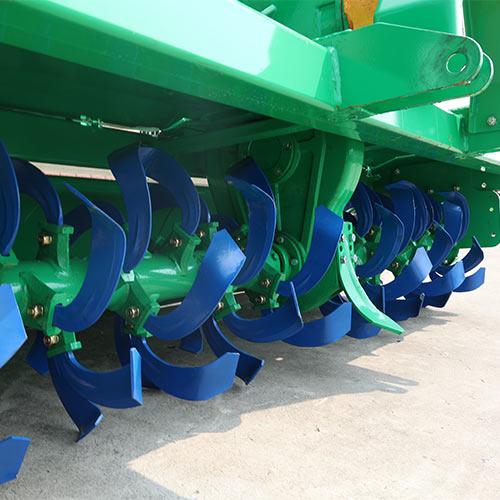
Definition and Purpose
A farm implements rotavator, commonly referred to as a rotary tiller, is a type of agricultural machinery specifically designed to prepare soil for planting. It features rotating blades that effectively break up compacted soil, mix in organic matter, and create a well-aerated environment conducive to plant growth. The primary purpose of a rotavator is to improve soil structure, enhance water retention, and increase nutrient availability for crops.
How It Works
The operation of a farm implements rotavator involves the use of a power source, typically a tractor, which drives the machine. The rotavator is attached to the rear of the tractor and consists of a series of rotating blades that dig into the soil as the machine moves forward. The blades chop, aerate, and mix the soil, resulting in a fine and uniform seedbed that is ideal for planting. This process not only saves time compared to traditional plowing methods but also improves soil quality and structure.
Benefits of Using a Farm Implements Rotavator
1. Improved Soil Aeration
One of the significant advantages of using a farm implements rotavator is its ability to aerate the soil effectively. By breaking up compacted soil, a rotavator allows air to penetrate deeper into the ground, which is essential for root development and overall plant health.
2. Enhanced Soil Mixing
Rotavators excel at mixing organic materials, such as compost and fertilizers, into the soil. This incorporation of nutrients enhances soil fertility, leading to improved crop yields and healthier plants.
3. Time Efficiency
When compared to traditional soil preparation methods, farm implements rotavators can significantly reduce the time required for land preparation. Their efficient design allows for faster operation, enabling farmers to cover larger areas in a shorter amount of time.
4. Versatility
Farm implements rotavators are versatile machines suitable for a variety of soil types and conditions. They can be used in gardens, orchards, and large fields, making them ideal for both small-scale and commercial farming operations.
5. Reduced Soil Erosion
By maintaining soil structure and mixing organic matter into the top layer of soil, rotavators help reduce soil erosion. This is particularly important in areas prone to heavy rainfall or wind, as it preserves valuable topsoil.
Key Features to Consider When Buying a Farm Implements Rotavator
1. Size and Power Requirements
When selecting a farm implements rotavator, it’s crucial to consider the size of the machine and the horsepower required to operate it. Smaller models are suitable for small plots, while larger, more powerful rotavators are necessary for extensive agricultural land.
2. Blade Configuration
The blade design plays a vital role in the rotavator’s performance. Look for models with adjustable blade configurations to accommodate different soil types and depths. Some rotavators feature specialized blades designed for specific tasks, such as mixing or aerating.
3. Build Quality and Durability
Investing in a high-quality rotavator made from durable materials, such as heavy-duty steel, ensures longevity and reliable performance. A well-constructed machine can withstand the rigors of agricultural work and provide years of service.
4. Depth Control Features
Depth control is essential for achieving the desired level of soil preparation. Choose a rotavator with adjustable depth settings to customize the working depth based on your specific requirements.
5. Maintenance and Support
Consider the ease of maintenance when selecting a farm implements rotavator. Look for models with readily available spare parts and reliable customer support from the manufacturer to ensure smooth operation over time.
Comparison Between Agricultural Machinery Rotary Tiller and Other Accessories
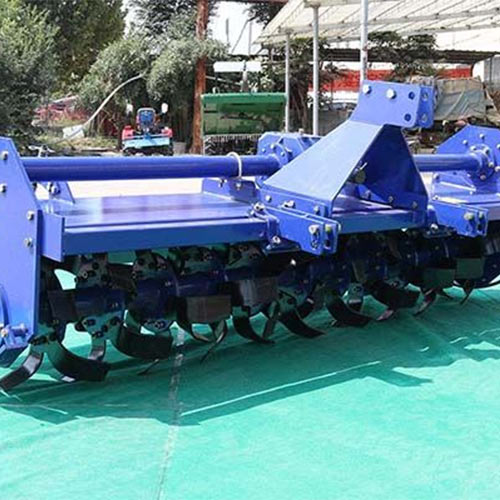
Here’s a detailed table comparing agricultural machinery rotary tillers with other common farm implements:
| Feature | Rotary Tiller | Plow | Cultivator | Harrows |
|---|---|---|---|---|
| Primary Function | Soil preparation and tilling | Breaking up and turning soil | Weeding and soil aeration | Soil leveling and breaking clods |
| Working Depth | 4-12 inches | 6-12 inches | 2-6 inches | 2-6 inches |
| Working Width | 1-2 meters | 1.2-2 meters | 0.8-1.5 meters | 1-3 meters |
| Horsepower Required | 20-50 HP | 15-40 HP | 15-30 HP | 10-25 HP |
| Blade/Tool Type | Rotating blades or tines | Fixed or adjustable blades | Sweeps or tines | Discs or tines |
| Best for | Fine tilling, seedbed preparation | Breaking new ground, deep tilling | Weed control, soil aeration | Surface leveling, residue management |
| Weight | 250-500 kg | 150-400 kg | 100-300 kg | 150-500 kg |
| Maintenance Needs | Moderate | Low | Moderate | Moderate |
| Attachment Type | 3-point hitch or 4-point hitch | 3-point hitch | 3-point hitch | 3-point hitch or pull-behind |
Conclusion
A farm implements rotavator is an invaluable tool for modern farmers looking to enhance soil preparation and improve crop yields. Understanding the key features, benefits, and various models available in the market can help you make an informed decision when purchasing this essential equipment. Whether you are managing a small garden or a large agricultural operation, selecting the right rotavator will undoubtedly improve your efficiency and productivity in the field.
FAQ
What is a farm implements rotavator?
A farm implements rotavator is a rotary tiller designed to prepare soil for planting by breaking up, aerating, and mixing organic materials into the soil.
How does a rotavator improve soil quality?
A rotavator enhances soil quality by aerating compacted soil, mixing in organic matter and fertilizers, and creating a fine seedbed that promotes healthy plant growth.
What should I consider when purchasing a rotavator?
When buying a rotavator, consider factors such as size, power requirements, blade configuration, build quality, depth control features, and maintenance support.
Can a rotavator be used on all soil types?
Yes, farm implements rotavators are versatile and can be used on various soil types, but it is essential to choose the right model for specific conditions.
How do I maintain my farm implements rotavator?
Regular maintenance includes checking oil levels, inspecting blades for wear, cleaning the machine after use, and ensuring that all moving parts are lubricated for optimal performance.


